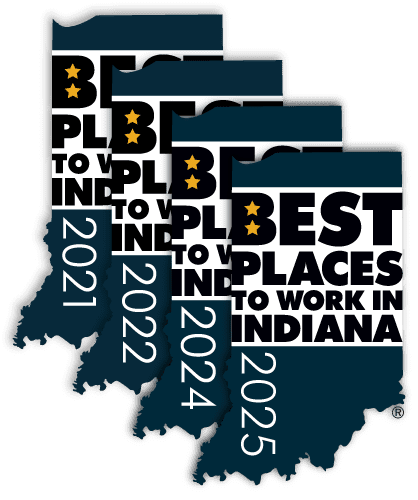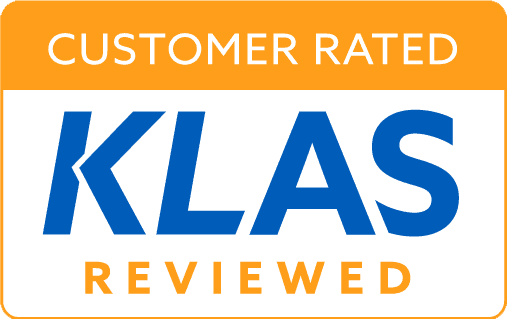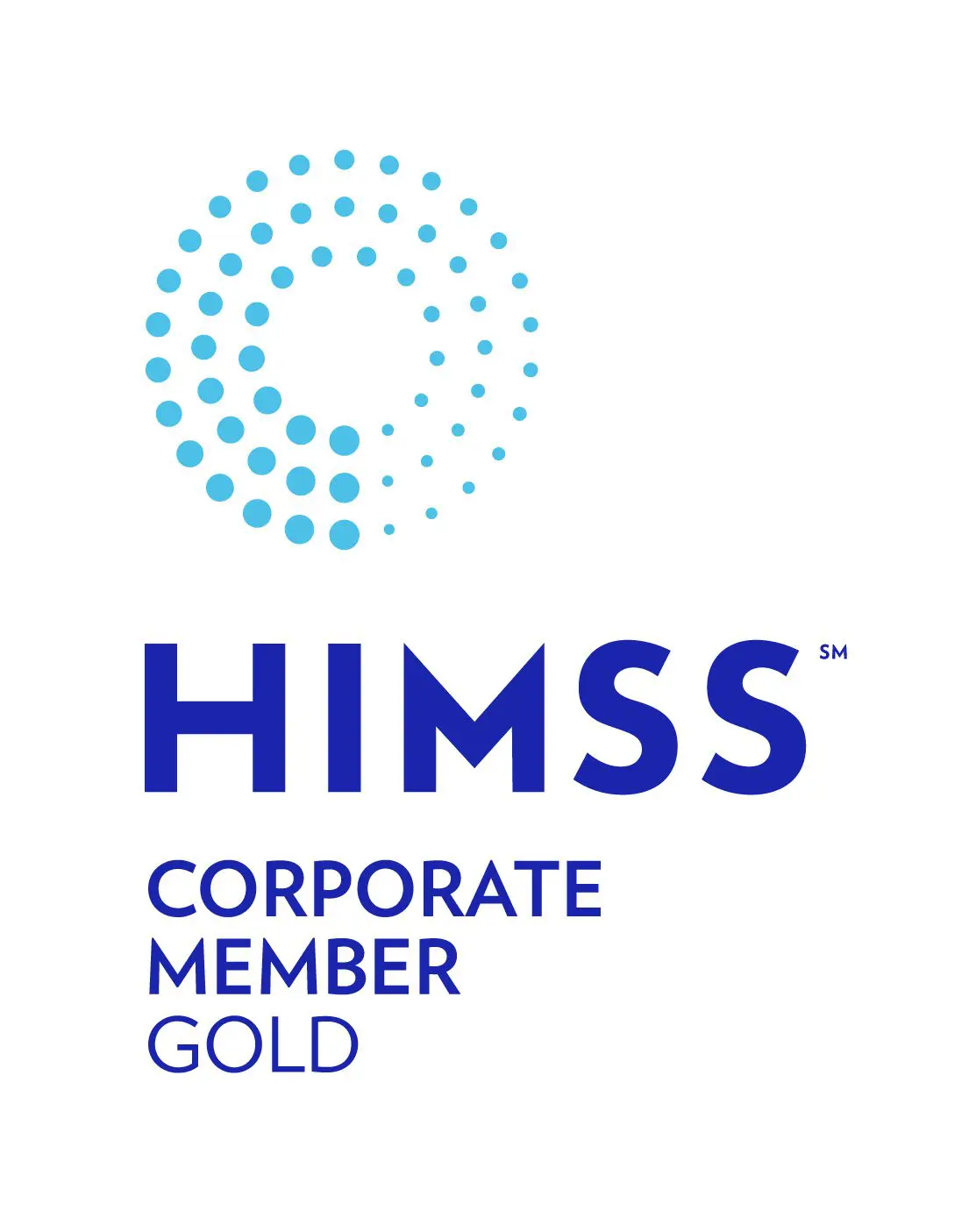
The financial impact of COVID-19 on U.S. hospitals and health systems continues with industry analysts reporting that hospitals will be in a “tough spot for the foreseeable future.”
For some smaller hospitals and physicians offices, the pandemic accelerated the financial challenges that have been forcing consolidation for the past decade. In a survey of 2,774 doctors, 42 percent had to lay off or furlough staff and 10 percent predict they will close because of financial shortfalls. In an unusual twist, 236 of the doctors surveyed have received patient donations from online fundraisers.
Bottom line: COVID-19 and the shifting delivery of medical care will continue to affect how many of the nation’s 6,146 hospitals will remain open. And, with more doctors now employed by health systems than in private practice, there are increased pressures to consolidate or face going out of business.
All Providers Should Develop a Legacy Data Management Strategy
When a practice closes, it’s time to develop a record retention strategy if one is not already in place. This entails putting a plan into action for securing electronic records long-term. While this certainly includes protected health information for patients as dictated by the organization’s medical record retention policy, it also includes other business and employee information like general ledger, accounting and HR record retention.
Every Legacy Data Strategy Should Include a Provision for Future Release of Information Requests
An important part of every legacy data management plan is to ensure that the records will be secure and accessible for future release of information requests. Possible future requests may be needed for patient care, litigation, insurance audits, workers’ compensation, validation of employment and other reasons. Our Records Release service provides customized options, with a general plan to:
- Extract data from legacy systems (clinical, financial and administrative)
- Store discrete data in an active archive with release of information workflows
- Provide a web landing page for requestors to learn about the record release process
- Offer a secure information provision to requestors such as patients, employers and payers
- Deliver a detailed audit trail of the record release process with date and time stamping
Our team is equipped to support organizations at any stage of a possible closure or impending acquisition.
Ready to Begin? Tips for securing medical and other records during a practice or hospital closure or acquisition
Here’s a quick checklist for electronic medical solutions for closing hospitals:
- Obtain Legal Advice – Work with an attorney to make sure legal bases are covered in terms of notifying relevant parties in a timely manner and complying with medical record retention and destruction laws.
- Review your state law – Each state has different medical record retention requirements. Confirm you know what is expected so your organization is in compliance. Get more information on state medical record retention here.
- Review Medical Record Retention Options – If you haven’t already invested in transferring legacy medical records into an archive, now might be the time to investigate your options. Records can be stored electronically in a vendor-managed cloud with information released for a fee using an 800-number and/or online request for payers, patients, employers, lawyers, auditors, etc. Contact Harmony Healthcare IT for more information about health data archival.
- Create a Legacy Data Management Plan – The data experts at Harmony Healthcare IT have put together a process that has helped hundreds of ambulatory and acute care organizations evaluate their legacy clinical, financial, HR and ERP system portfolio to create a Legacy Data Management Strategy that works. The process guides providers through a system inventory, financial forecast and system prioritization for decommissioning legacy systems enterprise-wide.
- Choose a trusted agent to manage future release of information requests – Harmony Healthcare IT is in a unique position to offer this service with its broad experience with more than 550 clinical and financial software brands. As a HITRUST CSF®-certified organization, we follow some of the highest security protocols in the industry to safeguard patient and employee records with personally identifiable and protected health information.
- Consult an Authority before Closing the Practice Doors — The American Academy of Family Physicians (AAFP) has a complete checklist for closing a medical practice. In terms of EMR, they recommend that you:
- Arrange for safe storage for both paper and electronic medical records.
- Notify your state medical board of the storage location.
- Determine the correct amount of time your medical records should be stored, as defined by your state law.
- Make sure the storage facility has experience handling confidential patient information and HIPAA agreements.
- Establish a mailing address or PO Box for medical record requests after closing.
- Arrange for storage of personnel and other records according to your state law.
- Organize the disposal or proper storage of clinic documents such as financial records, patient education materials, brochures, etc.
For the complete checklist, click here.
How Long Should Inactive or Deleted Medical Records be Stored?
There are many factors to consider to ensure compliance with regulatory requirments for patient, employee and business records once a facility has closed or is being acquired. It is important to follow the HIPAA definition of healthcare operations and ensure applicable state and other federal laws (21st Century Cures Act, etc.) are being followed.
In addition to record retention capabilities, a best practice for long-term data management includes a purge policy and plan. HealthData Archiver® has industry-leading purge features which include:
Purge Rules. Designed to accept a multitude of if-then scenarios based on record retention policies. The archive also is flexible in how it creates, manages, and allows for exceptions to the purge rules. Criteria for record destruction might include date of last service, date of discharge, date of birth, or data type, etc. Records also can be excluded from purge through the assignment of status codes such as legal, hold, RAC audit, clinical research or other similar situations which might prevent a medical record from being destroyed.
The purge option includes automatic and manaul configurations, a proof of purge certificate of destruction as well as purge delay and un-purging capabilities for a specified time period.
Final disposal of the data is based on the contractual agreement for Data Disposition which applies to destruction, return or storage of the data at each stage of the data lifecycle.
Are Medical Records Generally Stored in One Place?
Most archived records are stored in a hosted private cloud-based infrastructure to support a cost-effective, secure and efficient long-term storage solution that also enables future release of information requests. There are other options that can be considered on a case-by-case basis.
There also are decisions to be made about the best solution for long-term storage based on the type of records to be stored and the future expected use cases for the data.
HealthData Archiver® is a good choice if the data requires frequent access for release of information. With its broad data intake capabilities, flexible storage structures and discrete data availability for interoperability, HealthData Archiver® can accommodate as many instances of legacy systems as the Customer has in its application portfolio, including clinical to financial and business source systems.
HealthData Locker™is a cold storage data solution intended for occasional access (less than once per year) by a technical resource via a file copy of ODBC connection. This solution is a good choice for inactive data, where there is not a user base, when limited access is appropriate and long-term potential for access via an OBDC connection would be adequate.
HealthData AR Manager®. Works with accounts receivable information that must be placed into an archive solution. It is a comprehensive billing and collections option that can support wind down.
Editor’s Note: This blog was updated from a previous version that was published in June 2018.







